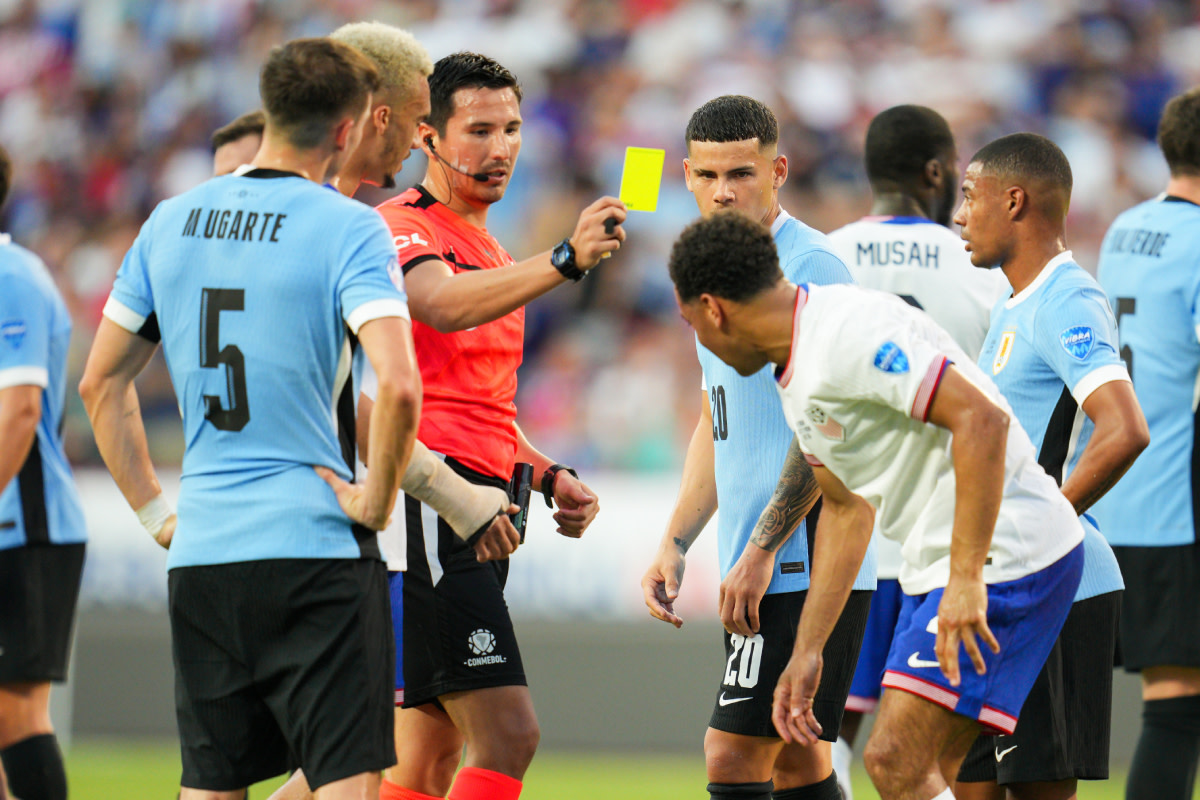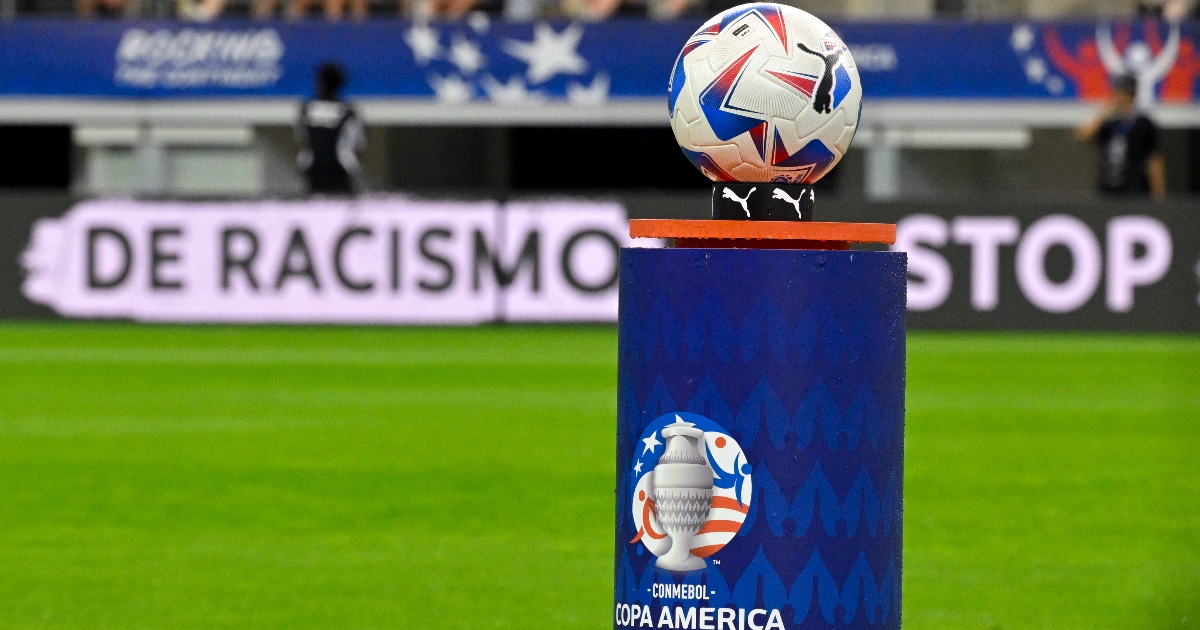Refereeing Performance

Usa uruguay referee – The referee’s performance during the match was generally satisfactory. They were consistent in applying the rules and made few controversial decisions.
As the controversy surrounding the USA-Uruguay referee continues to dominate headlines, it’s worth noting that the upcoming women’s gymnastics Olympic trials promise to be an equally thrilling spectacle. With world-class athletes vying for a spot on the Olympic team, the trials will showcase the pinnacle of athleticism and determination.
Meanwhile, the USA-Uruguay referee saga serves as a reminder of the importance of fair play and integrity in sports.
Controversial Decisions
There were a few controversial decisions made by the referee during the match. One of the most contentious decisions was a penalty awarded to Uruguay in the second half. The referee ruled that the USA defender had fouled the Uruguayan striker, but many felt that the contact was minimal and that the penalty should not have been awarded.
Consistency
The referee was generally consistent in applying the rules throughout the match. They did not hesitate to book players for fouls, and they were also quick to award free kicks and penalties when they were warranted.
Impact on Match Outcome: Usa Uruguay Referee

The referee’s decisions significantly influenced the outcome of the match between the United States and Uruguay. Several pivotal moments in the game were shaped by the referee’s calls, which ultimately affected the result.
One of the most crucial decisions came in the first half when Uruguay was awarded a penalty after a handball in the box by a US defender. The penalty was successfully converted, giving Uruguay an early lead and putting pressure on the United States.
Fair and Unbiased Calls
The referee’s decisions were generally considered fair and unbiased. The penalty awarded to Uruguay was a clear handball, and the referee made the correct call. However, there were a few instances where the referee’s calls were questioned, particularly in the second half.
- One controversial decision occurred when the referee did not award a penalty to the United States after a foul on a US player in the box. Replays showed that there was contact, but the referee deemed it not enough to warrant a penalty.
- In another incident, the referee issued a yellow card to a US player for a challenge that many felt was not worthy of a booking. The card meant that the player would miss the next match due to suspension, a significant loss for the team.
Overall, the referee’s decisions had a significant impact on the outcome of the match. The penalty awarded to Uruguay gave them an early advantage, while the questionable calls in the second half potentially cost the United States a chance to equalize or win the game.
Comparison to Previous Matches

The referee’s performance in this match can be compared to their performance in previous matches to identify any patterns or trends in their decision-making. This comparison can provide insights into whether the referee’s performance has improved or declined over time.
One way to compare the referee’s performance is to examine their statistics from previous matches. This can include metrics such as the number of yellow and red cards issued, the number of penalties awarded, and the average time of possession for each team. By comparing these statistics to the referee’s performance in this match, it is possible to identify any significant differences or trends.
Consistency in Decision-Making, Usa uruguay referee
Another aspect to consider is the referee’s consistency in decision-making. This can be assessed by examining whether the referee applied the rules of the game consistently throughout the match. For example, if the referee issued a yellow card for a particular type of foul in the first half, they should be consistent in issuing yellow cards for similar fouls in the second half.
Management of the Match
The referee’s management of the match can also be compared to their performance in previous matches. This can include factors such as the referee’s ability to control the players and maintain order on the pitch. The referee’s communication skills and their ability to interact with the players and coaches can also be assessed.
Amidst the heated battle between Uruguay and the United States, the referee’s decision stirred controversy. As the match reached its climax, the focus shifted to a more poignant issue – the unfortunate injury that sidelined a promising gymnast during the Olympic trials.
The athlete’s dreams were shattered, leaving a void in the hearts of countless fans. Yet, amidst the disappointment, the spirit of sportsmanship prevailed, reminding us that even in defeat, there is always a lesson to be learned.